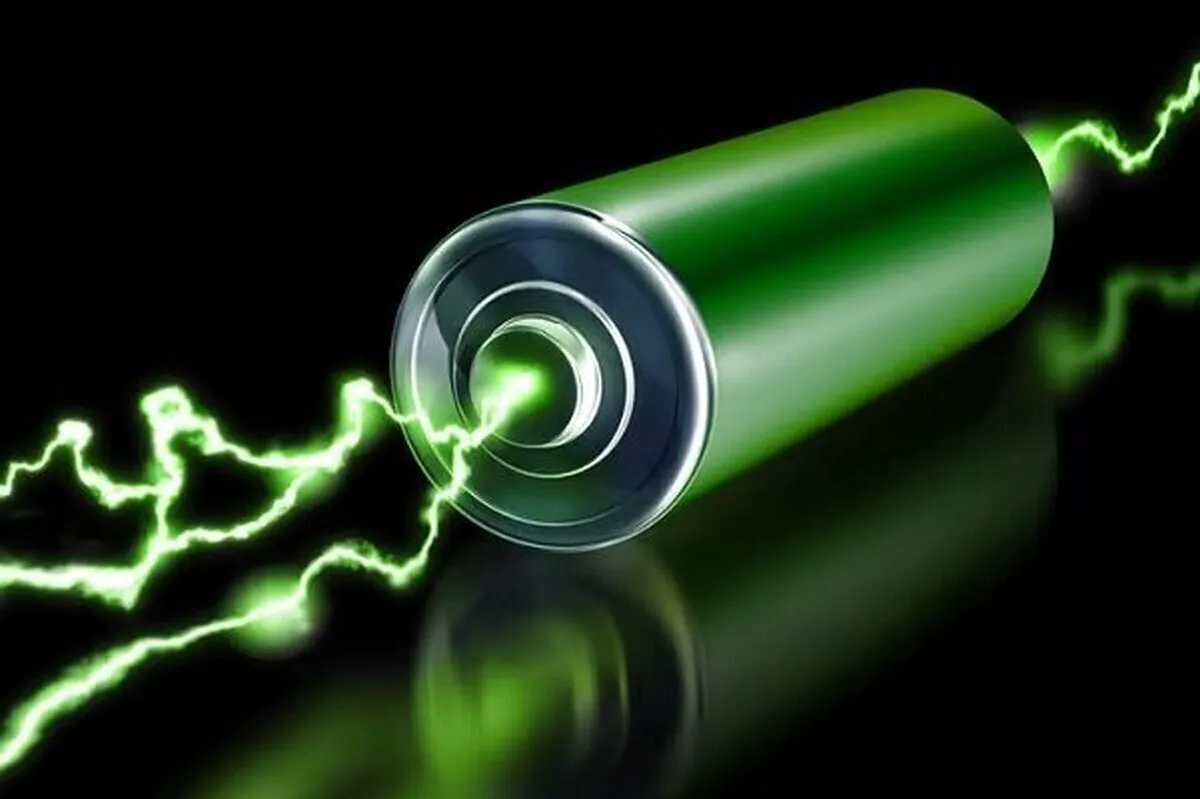Iranian Researchers Produce Super Battery by Using 3D Graphene Technology

“In this project, we increased the life and capacity of batteries by using 3D graphene, the lightest material in the world. With this method, the life of this type of battery has increased by 2 to 10 times and its capacity by 25 to 30 percent,” said Arash Qazi Tabaar, a member of the Color Research Institute's academic staff and executor of the lead-acid battery super battery project.
“This battery is more beneficial to the industries than older generation lead-acid batteries, and these storage devices can be used in wind turbines, telecommunications infrastructure systems, and solar systems,” he added.
“These storage devices can be used, specially in places where the temperature difference is large and traditional lead-acid batteries are disrupted. The technology used in this product makes it possible to use it in temperature conditions with high temperature differences,” Qazi Tabaar said.
In a relevant development in 2024, Iranian scientist Mohamad Khoshkalam from the Technical University of Denmark had used new electrolytes found in rocks to make batteries.
Researchers have discovered a new material based on rock silicates that could replace lithium in electric car batteries in the future.
This material can help develop new types of energy storage devices that can be more cost-effective and insensitive to moisture.
According to the researchers, these rock silicates can be found in ordinary rocks that are abundant everywhere.
Potassium‐ion batteries (KIBs) are considered as the potential energy storage devices due to the abundant reserves and low cost of potassium. In the past decade, research on KIBs has generally focused on electrode materials
Iranian scientist Mohammad Khoshkalam, a researcher at the Technical University of Denmark realized that materials based on rock silicates can be suitable for a solid state electrolyte.
“The potential of potassium silicate as a solid state electrolyte has long been discovered, but in my opinion has been overlooked due to challenges with the weight and size of the potassium ions. Because these ions are large and therefore move at a slow pace,” the Iranian scientist said.
4155/v





















